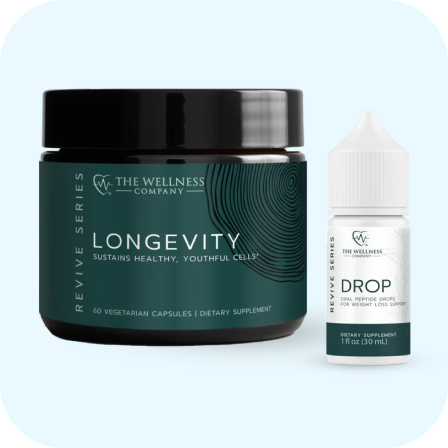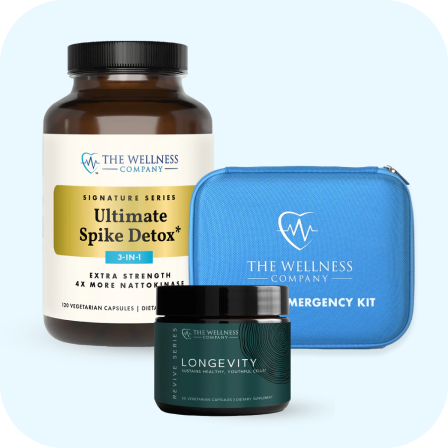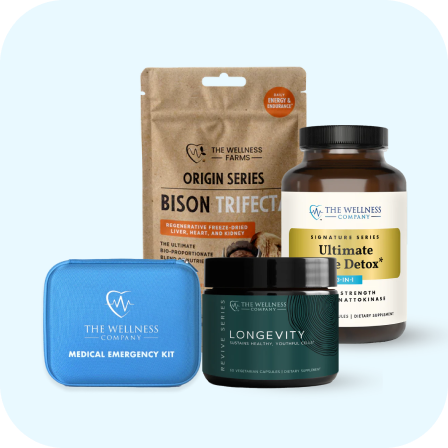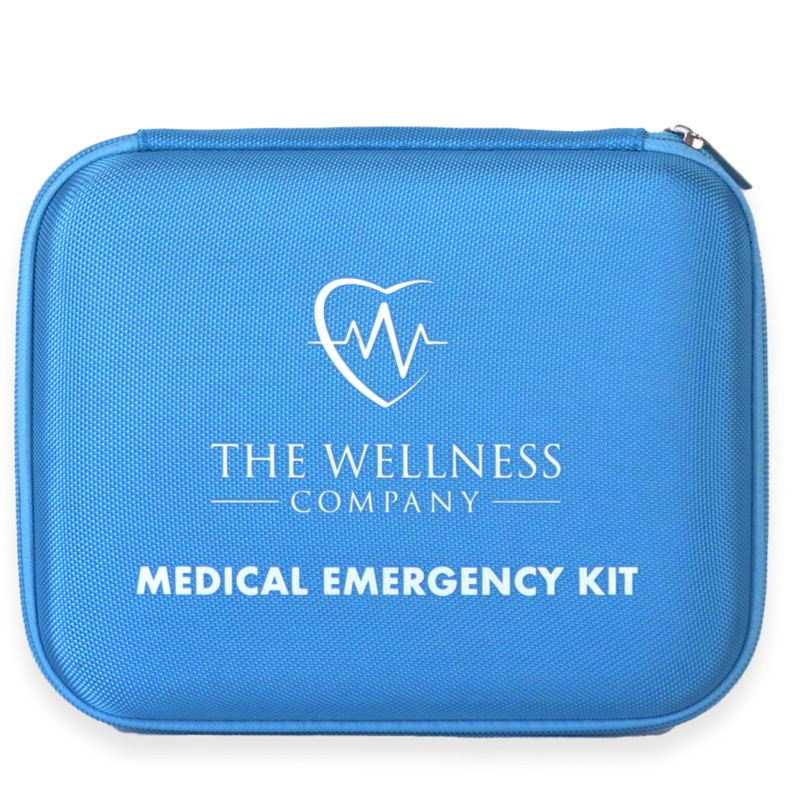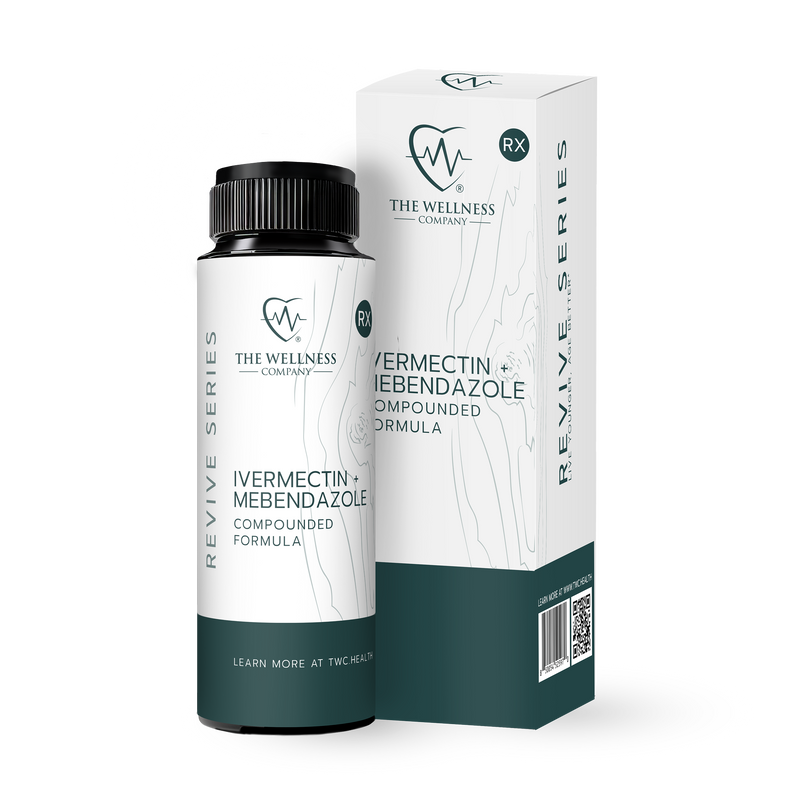Are Sleeping Pills Shortening Your Lifespan?

Every night, millions of people turn to sleeping pills – often in the form of sedatives or hypnotics – to help them get some much-needed rest. As sleep disorders continue to plague our modern world, use of these nighttime tranquilizers has skyrocketed. But amid this trend, a question looms large: Are these medications safe?
According to a recent study out of Taiwan, published in Sleep Health, there appears to be a grim correlation between use of synthetic sleep aids and a shortened life expectancy.
The study, which followed nearly half a million adults over 17 years, first found something unsurprising: people who slept 6-8 hours per night had the highest life expectancy of anyone surveyed. This is consistent with what we’ve known for decades: getting at least 6 hours of sleep per night is critical for our wellness.
But when the researchers subdivided people sleeping 6-8 hours per night into two groups – those who took sleeping pills, and those who did not – they found something startling. Despite getting the same amount of “sleep,” people taking sleeping pills had a 55% higher mortality risk than people who didn’t.
You’re probably wondering: How could something designed to help us sleep better be linked with all-cause mortality? It all hinges on the specific function of these pills. It turns out that while sedative-hypnotics effectively “knock you out,” they don't produce genuine sleep. Instead, they merely render you unconscious. The crux of the issue lies in the difference between these two states.
To use a crude example, a boxer who has just sustained a knockout blow is not conscious. Their brain’s frontal lobe is offline, but they’re not. technically traversing the various restorative stages of genuine sleep.
As Dr. Matthew Walker explained in his ground-breaking 2017 book Why We Sleep, the kind of genuine sleep your body needs to rejuvenate is much more complex than a mere lack of consciousness. It involves multiple stages, each of which has specific restorative functions. During sleep, we cycle through light sleep to deep sleep to REM (Rapid Eye Movement) sleep, where we dream. Each stage contributes to important things like physical tissue healing, memory consolidation, skill-acquisition, and emotional health.
According to Dr. Walker, sedative-hypnotics (such as Ambien, Xanax, and Valium, to name only a few), interfere with this natural sleep architecture. They even suppress certain sleep stages, robbing you of their potent benefits. On a sedative-hypnotic, while you might be unconscious for eight hours, you're not getting all the benefits of a good night's sleep. It's like having a meal of processed food but missing out on essential nutrients—your body won't starve, but it won't thrive either.
So, what can you do to ensure that you're getting the quality, restorative sleep you need?
If you’ve already taken the basic steps to optimize your sleep hygiene, this is where TWC’s Restful Sleep Formula comes into play. Unlike synthetic sedatives, this natural supplement was designed by our team to support and enhance your body's natural sleep processes. Restful Sleep doesn't just knock you unconscious; it promotes a state of relaxation, fostering the right conditions for natural sleep. It serves to nourish your sleep cycle, rather than bypass it.
The Bottom Line
As the research linking sleep with health and longevity continues to mount, it’s becoming more and more clear that solving your specific sleep puzzle is vital for your overall wellness. If you’re struggling with sleep and tempted to rely on sedatives, make sure you’re checking all the boxes when it comes to sleep hygiene and natural supplementation. If that isn’t doing the job, we recommend seeking the help of a qualified health professional who can help you find an effective, safe sleep solution for you.
Video: Dr. Matthew Walker on Sleeping Pills & CBTI
References
Sun, Y., Tsai, M. K., & Wen, C. P. (2023). Association of sleep duration and sleeping pill use with mortality and life expectancy: A cohort study of 484,916 adults. Sleep Health.
Walker, M. (2017). Why we sleep: Unlocking the power of sleep and dreams. Simon and Schuster.








